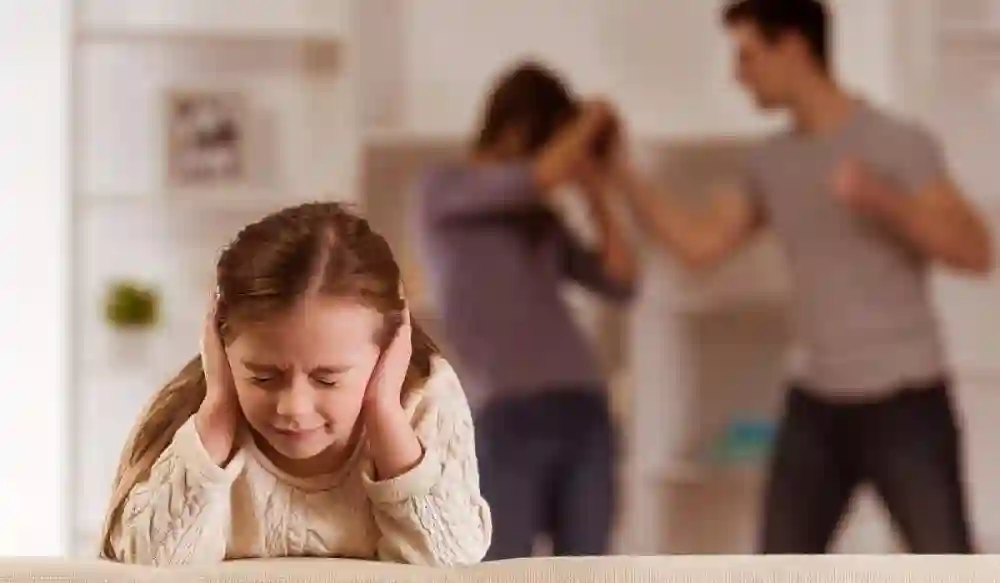
Family plays a crucial role in shaping an individual’s development. A nurturing environment supports healthy growth, while dysfunction can deeply affect a child’s sense of self, relationships, and worldview. This blog highlights the impact of family dynamics on child development and emphasizes the importance of stable, supportive homes.
What Is Family Dysfunction?
Family dysfunction occurs when the relationships among family members hinder the support, love, and stability a child needs to thrive. Common causes include but aren’t limited to consistent conflict, neglect, manipulation, substance abuse, mental health issues, lack of communication, and authoritarian or neglectful parenting styles.
While no family is perfect, the key distinction lies in whether the structure promotes safety and emotional growth or creates an environment of toxicity and instability.
Emotional and Psychological Impact on Children
Children who grow up in dysfunctional families often bear emotional and psychological wounds that can linger throughout their lives.
1. Low Self-Worth
If a child is exposed to frequent criticism, neglect, or inconsistent love, they may develop a sense of inadequacy. They may begin to question their worth or believe they’re the problem in a strained family system.
2. Difficulty Regulating Emotions
Children need guidance to identify and manage their emotions positively. Dysfunctional families often fail to offer this guidance. This can leave children struggling with extreme emotional reactions, impulsivity, or the inability to process their feelings.
3. Anxiety and Depression
Constant tension, fear, or chaos in the home can overwhelm a child, heightening their feelings of anxiety. Over time, this may evolve into chronic stress or depression as they internalize their struggles.
4. Relationship Challenges
Family dysfunction often normalizes unhealthy relationship patterns. Children exposed to such environments may either fear building close relationships or unknowingly replicate harmful behaviors in adult partnerships and friendships.
Cognitive and Behavioral Effects
Family dysfunction doesn’t only affect the emotional side of a child’s development. It can also extend its impact on their cognitive development and behavioral tendencies.
1. Academic Struggles
A lack of support at home may hinder children’s focus at school. Chronic stress can reduce their ability to concentrate, solve problems, or retain new information, negatively impacting their academic performance.
2. Risky Behaviors
Seeking escape, approval, or belonging, children from dysfunctional families may turn to harmful behaviors such as substance abuse, early sexual activity, or delinquency to cope with inner turmoil.
3. Hyper-Independence or Dependency
Some children may prematurely assume adult responsibilities in a dysfunctional household, leading to hyper-independence. Others may have difficulty developing independence altogether, remaining overly dependent on others for validation or guidance.
Breaking the Cycle
While the effects of family dysfunction can feel overwhelming, they are not irreversible. Addressing trauma, rebuilding a sense of safety, and fostering self-awareness are essential steps to breaking the cycle.
1. Therapeutic Support
Therapists or counselors trained in family dynamics can help individuals explore how their upbringing has shaped their thoughts and behaviors, fostering awareness and emotional healing.
2. Education and Awareness
Understanding the signs of family dysfunction and its effects empowers individuals to seek growth and change. Whether through self-help books, workshops, or online resources, knowledge equips us with tools to create better dynamics.
3. Healthy Boundaries
A key factor in overcoming family dysfunction is learning how to establish and maintain healthy emotional and physical boundaries. This ensures mutual respect in current and future relationships.
4. Parenting Education
Parents who recognize patterns of dysfunction can take proactive steps to cultivate positive environments for their children. Parenting classes and support groups can provide valuable insights into effective parenting techniques.
The Role of Society in Change
The responsibility to address family dysfunction doesn’t rest solely on individuals. Schools, workplaces, and communities need to champion mental health awareness and offer accessible family support services. In situations where dysfunction leads to harm, seeking help from professionals, including a children’s injury lawyer such as those in Columbus, can provide crucial support and advocacy.
Organizations working in family counseling, childcare, and community welfare can play a pivotal role in identifying at-risk families and providing them with resources to build healthier, more stable environments for children.
Conclusion
While family dysfunction can cast long shadows over a child’s development, it’s essential to remember that healing and growth are possible. Recognizing the impact and seeking change is the first step toward creating a cycle of healthy, loving relationships.






